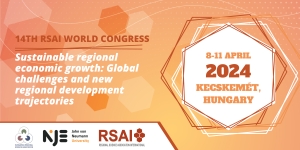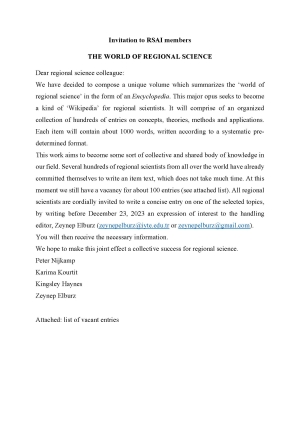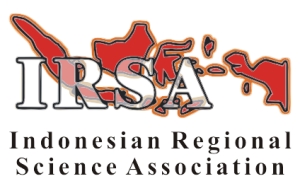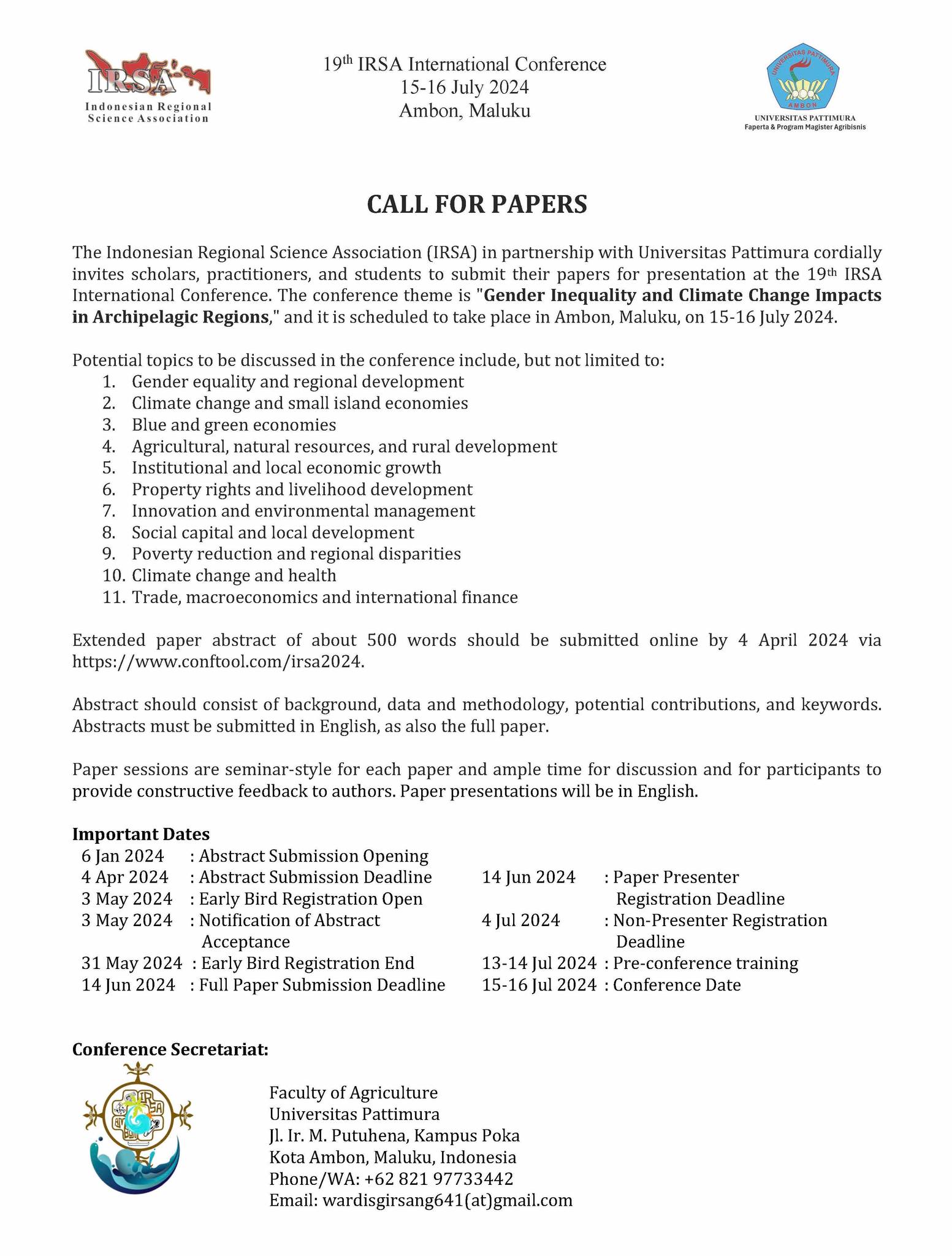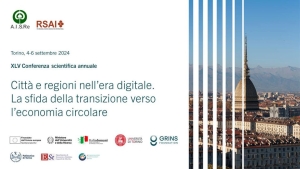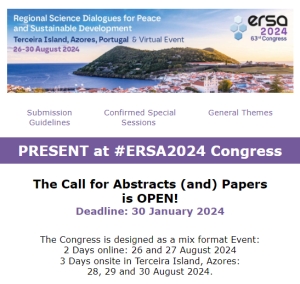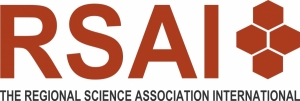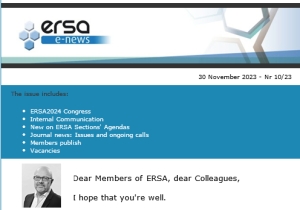Call for papers
The Italian Regional Science Association (A.I.S.Re), the Italian Section of the Regional Science Association International (RSAI), announces its XLV Annual Scientific Conference and welcomes contributions from researchers working on different disciplines in the field of regional science. The conference venue is Università degli Studi di Torino, Campus Luigi Einaudi, Lungo Dora Siena, 100A.
The central theme of the conference is the digital and circular transformation and the new opportunities and challenges emerging from these radical changes for regions and cities. Despite the large commitment and investments envisaged by the PNRR, the adoption of the new digital technologies remains weak and highly unbalanced across businesses and territories, with the risk of worsening the territorial gaps between North and South as much as between centers and peripheries, and of postponing the much desired, and increasingly necessary, relaunch of productivity. The transition towards a circular economy, made compelling by the climate crisis, has found a further obstacle in the rapid and unexpected growth of inflation, and in particular in the sharp increase in energy prices, especially following the explosion of the conflict in Ukraine. The combination of these factors depict a new, more complex and changing scenario in which the future of the territories must be framed and appropriately rethought, in order to make the best of the vast possibilities offered by the PNRR, already in the early stages of implementation. The conference aims to represent an opportunity for reflection and discussion on the determinants and consequences of the digital and circular transformation underway in the various territories, as well as on the governance policies and structures which, in a context of greater political and economic uncertainty and turbulence, can better initiate and/or facilitate the transition towards a phase of renewed growth of the country and its regions and cities.
Besides the main theme, the A.I.S.Re conference encorauges the discussion on the major topics in regional science. Thus, the A.I.S.Re invites all those interested to present original scientific works on the following themes:
- Governance, regional and territorial public policies, European programming
- Growth, decline, and regional disparities
- Globalization, value chains and local production systems
- Methods of territorial analysis and spatial econometrics
- Labor, welfare, personal services and social policies
- Tourism, culture and local development
- Urban planning, real estate market and city development processes
- Infrastructure, transport, mobility and local development
- Wellbeing, sustainability, and local development
- Urban development and agglomeration economies
- Development and local entrepreneurship
- Innovation, creativity and local development
- Policy evaluation methods
HOW TO JOIN THE CONFERENCE
There are two ways to participate in the Conference:
- with organized sessions. Participants can propose themselves as session organizers (no more than two sessions per organizer) on specific themes. The proposal can be submitted directly from the login area of the website, by entering the name of the scientific manager, the session title and the tentative number of presentations. The deadline for the submission is January 31, 2024.
- with individual papers. Those interested should submit an abstract by February 29, 2024, directly from the login area of the website. Consult this LINK to see detailed instructions for abstract submission. A template file for writing the papers is also available on the Conference site (LINK).
IMPORTANT DEADLINES
|
March 31, 2024
|
Paper acceptance
|
|
May 31, 2024
|
Registration at early bird fee
|
|
June 20, 2024
|
Registration at full fee
|
|
July 15, 2024
|
Papers submission
|
|
July 20, 2024
|
Programme publication on the website (www.aisre.it), based on payed registrations
|
AWARDS
AISRe promotes the diffusion of studies in regional science by awarding young scholars with:
- Best PhD Dissertation Award
- Best young scholar paper
The call for candidatures and their instructions are available on AISRe website (www.aisre.it/en/awards).
CONFERENCE REGISTRATION AND MEMBERSHIP
Registration and participation in the Conference is subject to A.I.S.Re. membership, as individual, corporate or young member, available in the login area. Registration and membership fees are available at this LINK.
A.I.S.Re membership benefits include:
- the subscription to Scienze Regionali (Italian Journal of Regional Science) for the following calendar year;
- the volumes of the Regional Science Series (FrancoAngeli) published during the business year and the AISRe E-book (Donzelli);
- the registration to the Regional Science Association International (RSAI), which includes an online subscription to the journals Papers in Regional Science and Regional Science Policy and Practice for the following calendar year, the opportunity to pay a reduced fee at the Annual Conferences of the European Regional Science Association (ERSA) (www.ersa.org) and the Regional Science Association International (RSAI) (www.regionalscience.org).
- Young scholars have also the opportunity to participate to the Summer/Winter Schools of A.I.S.Re.
Local Organising Committee
- Valentina Biconne, Politecnico di Torino
- Massimiliano Coda Zabetta, Università degli Studi di Torino
- Alessandra Colombelli, Politecnico di Torino
- Elettra D’Amico, Politecnico di Torino
- Fabrizio Fusillo, Università degli Studi di Torino
- Gianluca Orsatti, Università degli Studi di Torino
- Andrea Panelli, Politecnico di Torino
- Francesco Quatraro, Università degli Studi di Torino (Chair)
- Silvia Francesca Rota, Università degli Studi di Torino
- Alessandra Scandura, Università degli Studi di Torino
Scientific Committee
- Cristiano Antonelli, Università degli Studi di Torino
- Alessandra Colombelli, Politecnico di Torino
- Egidio Dansero, Università degli Studi di Torino
- Davide Piacentino, Università degli Studi di Palermo
- Francesco Quatraro, Università degli Studi di Torino
- Elena Ragazzi, IRCrES-CNR - Istituto di Ricerca sulla crescita economica sostenibile
- Alessandra Scandura, Università degli Studi di Torino
- Stefano Usai, Università degli Studi di Cagliari
Promoting Committee
- Carlo Cambini, Politecnico di Torino
- Raffaele Caterina, Università degli Studi di Torino
- Christophe Feder, Università Valle d’Aosta
- Aldo Geuna, Università degli Studi di Torino
- Simone Landini, IRES Piemonte
- Elisabetta Ottoz, Università degli Studi di Torino
- Massimiliano Piacenza, Università degli Studi del Piemonte Orientale
- Francesco Ramella, Università degli Studi di Torino
- Michele Rosboch, Università degli Studi di Torino e IRES Piemonte
- Roberto Zanola, Università degli Studi del Piemonte Orientale
Executive Board A.I.S.Re.
- Mariarosaria Agostino, Università della Calabria
- Cristina Bernini, Università di Bologna
- Cristina Brasili, Università di Bologna
- Roberta Capello, Politecnico di Milano
- Augusto Cerqua, Università di Roma La Sapienza
- Marusca De Castris, Università degli Studi Roma Tre
- Silvia Emili, Università di Bologna
- Valeria Fedeli, Politecnico di Milano
- Camilla Lenzi, Politecnico di Milano Marco Mariani, IRPET
- Ilaria Mariotti, Politecnico di Milano
- Marco Modica, Gran Sasso Science Institute (GSSI)
- Davide Piacentino, Università di Palermo
- Elena Ragazzi, IRCrES-CNR - Istituto di Ricerca sulla crescita economica sostenibile
- Laura Resmini, Università di Milano Bicocca
- Domenico Scalera, Università del Sannio
- Daniela Storti, Consiglio per la ricerca in agricoltura e l’analisi dell’economia agraria (CREA)
- Silvia Cerisola, Politecnico di Milano Simone Landini, IRES Piemonte
- Pietro Pizzuto, Università di Palermo
Segreteria Tecnica A.I.S.Re.
Diana Sarmiento, This email address is being protected from spambots. You need JavaScript enabled to view it.


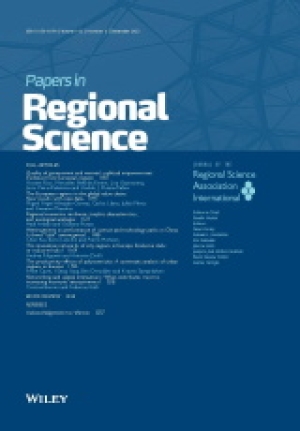

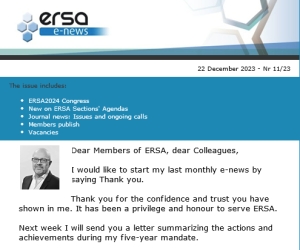

 Dear Members of ERSA, dear Colleagues,
Dear Members of ERSA, dear Colleagues,
















